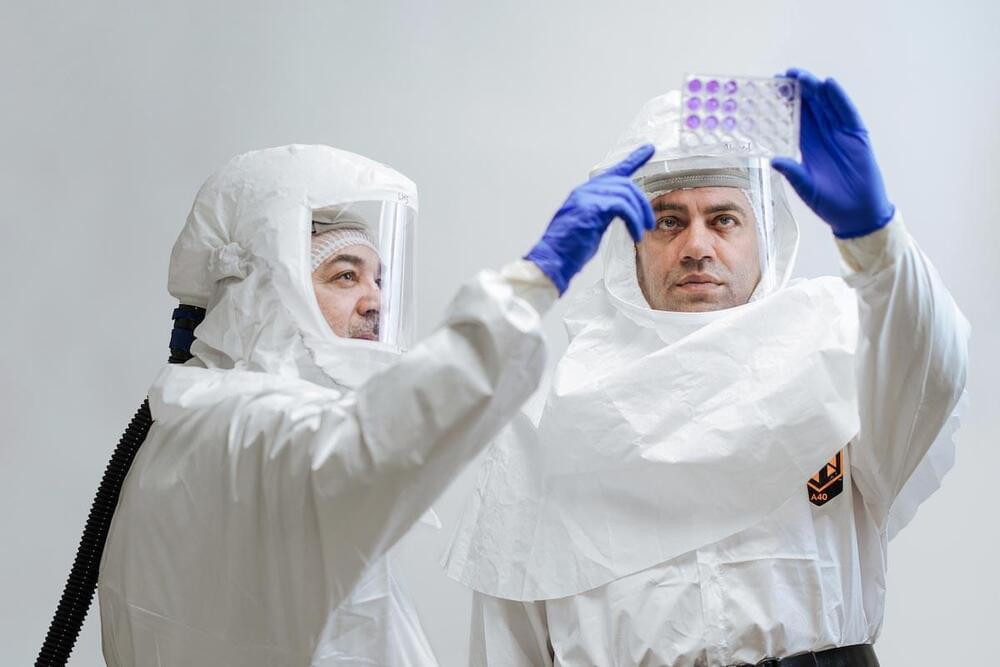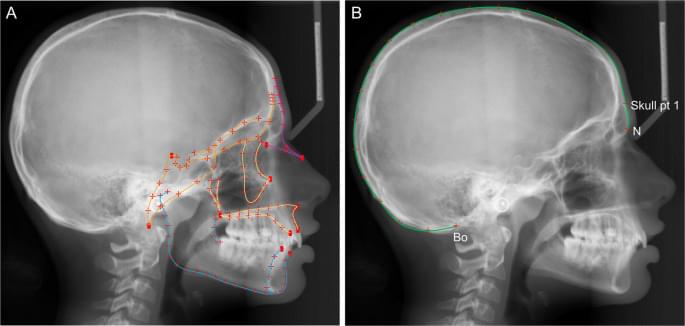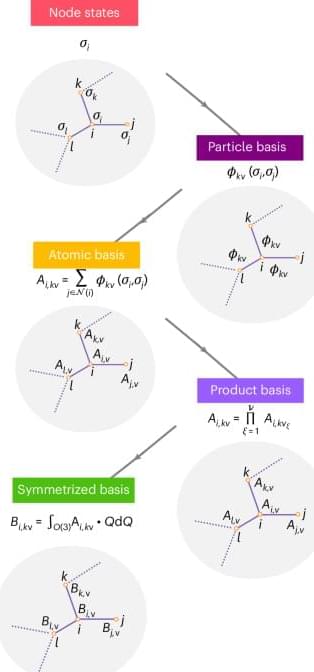New breakthroughs in molecular diffusion and visible singularities, reshaping science with applications in chemistry, physics, and cosmology.



The Big Dipper is an asterism formed by seven bright stars in the constellation Ursa Major, the Great Bear. It is one of the most recognizable star patterns in the night sky. The asterism is well-known in many cultures and goes by many other names, including the Plough, the Great Wagon, Saptarishi, and the Saucepan.
The seven stars that form the Big Dipper are: Alkaid (Eta Ursae Majoris), Mizar (Zeta Ursae Majoris), Alioth (Epsilon Ursae Majoris), Megrez (Delta Ursae Majoris), Phecda (Gamma Ursae Majoris), Dubhe (Alpha Ursae Majoris), and Merak (Beta Ursae Majoris).
In northern latitudes, the Big Dipper is visible throughout the year. It is one of the first star patterns we learn to identify, along with Orion’s Belt, Cassiopeia’s W, and the Northern Cross in Cygnus.

Researchers at Texas Biomed have identified nine mutations in a strain of bird flu found in a person in Texas. Bad news: This strain shows an increased ability to cause disease and is more effective at replicating in the brain. Good news: Current approved antiviral treatments remain effective against this strain.
Researchers at the Texas Biomedical Research Institute (Texas Biomed) have identified a strain of bird flu isolated from a human in Texas that carries a distinctive set of mutations, making it more adept at replicating in human cells and causing severe disease in mice. This strain was compared to one found in dairy cattle, and the findings are detailed in Emerging Microbes & Infections.
The discovery underscores a significant concern about the H5N1 strains of bird flu currently circulating in the U.S.: the virus.
Get ready for a shocking revelation in the world of semiconductor manufacturing! China has made a groundbreaking move by acquiring 28nm lithography machines, a technology that has long been dominated by ASML, a Dutch company. The CEO of ASML, Peter Wennink, has expressed his concerns and even jealousy towards China’s rapid progress in this field. But what does this mean for the global semiconductor industry? Will China’s advancements challenge ASML’s monopoly? Watch to find out!

Quantum foam itself released gravitational waves that eventually shaped the cosmic universe.
Over billions of years, these stretched ripples grew into clumps of matter, forming the first stars and galaxies. Eventually, they created a massive network of galaxies and dark matter called the cosmic web, which spans the entire universe today.
A new study suggests that the cosmic web could have formed without relying on inflation driven by a scalar field. Instead, it proposes a novel mechanism that suggests that inflation arises from gravitational wave amplification.
Inflation is believed to have laid the foundation of everything there is out in space. However, nobody knows when it happened, why it happened, or what caused it. Plus, scientists don’t have any solid evidence to confirm whether it happened.

Human faces are becoming shorter, due to changes in our diet, and our smaller jaws mean there is less room for teeth. As a result, most babies are now being born without wisdom teeth.
According to Dr Teghan Lucas, of Flinders University in Adelaide, this indicates that humans are still evolving — and at a rapid rate.
Dr. Lucas and a team of scientists discovered that people are undergoing a kind of “micro-evolution” where evolutionary changes can be noticed over a short period of time. Some of the changes also include weaker jaws, which is likely due to our dependence on fire and processed food more than ever before.
Scientists also found that some people are being born with additional bones in their arms and legs, as well as an extra artery in their arm. They also found that some people are born with abnormal connections of two or more bones in their feet.
T the only study to reach these conclusions. +.
Scientific Reports volume 10, Article number: 1820 (2020) Cite this article.

New research confirms the Universe is expanding faster than theoretical models predict, intensifying the Hubble tension.
Using precise measurements of the Coma cluster, scientists recalibrated the cosmic distance ladder, suggesting flaws in existing cosmological models.
Expanding Universe: A Startling Discovery.

The Full Self-Driving version 13.2.2 successfully navigates challenging snowy Canadian roads with impressive performance and minimal driver intervention ## Advanced Navigation in Challenging Conditions.
🚗13.2.2 successfully navigated snowy, slippery roads in Canada without interventions, handling obscured lane lines, vehicles, and signs even when the roadway was difficult to discern.
🌨️The system demonstrated impressive adaptive driving, moving slowly and smoothly with minimal slipping, and never requesting driver takeover despite challenging road conditions. ## Complex Intersection Management.
🛑13.2.2 effectively managed various challenging intersections, including a five-way intersection at an odd angle and a busy roadway with an obscured angle. ## Safety-First Approach.
⚠️The system exhibited a cautious approach, waiting for clear visibility before proceeding when faced with high snowbanks, and then moving slowly without complaint. ## Self-Correction and Adaptation.
🔄13.2.2 showed the ability to self-correct and adapt, as evidenced by correcting an incorrect signal at a corner and recovering from briefly bumping a sidewalk during a turn.
